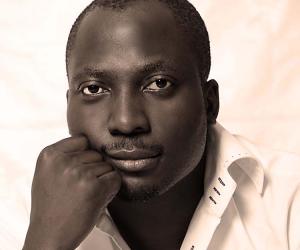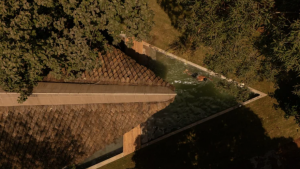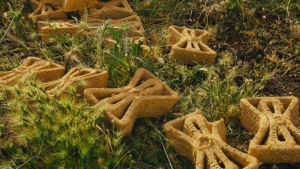Kunlé Adeyemi is a Nigerian architect, urbanist and creative researcher. He is also the founder and principal of NLÉ, an architecture, design and urbanism practice based in Amsterdam, Netherlands. At the 2013 AZA Architecture Conference, Adeyemi speaks about the African Water Cities Project, Makoko Floating School and his view on the future of African-inspired architecture.
The African Water Cities project researches the intersection points of issues such as climate change and rapid urbanisation in African cities and communities. For the research project, Adeyemi collected information regarding migration patterns, population growth and areas affected by flooding in order to rank African cities and identify the top 20 potential “water cities” on the continent.
The Makoko Floating school is situated in Lagos, Nigeria. The small settlement Makoko can be deemed an aquatic community and has existed for nearly a century. Adeyemi designed a basic structural system using local materials and resources that also shows residents how to improve their own housing structures and the community space as a whole.
The Makoko Floating School addresses the issues of urbanisation, climate change, water, waste and policy, says Adeyemi.
Made from local materials and build with local resources, the structure provides a space and infrastructure for students to use as a school and community to use as a community centre.
The Makoko Floating School draws on sustainable design principles and incorporated environmentally friendly solutions such as natural ventilation, solar panels for energy and waste used as compost for a vegetable garden.
Adeyemi believes we are living in interesting times in Africa: “It's a time for opportunities as well as a time to face challenges," he concludes.








